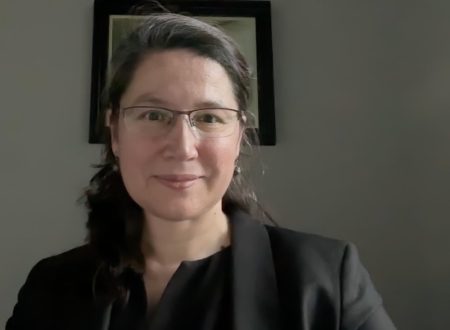With only days left until schools reopen, one of the most pressing risks awaiting students, beyond academic challenges, is peer bullying. According to Prof. Dr. Ebru Şalcıoğlu, Faculty Member at İstinye University’s Department of Psychology, one in three children worldwide and in Türkiye is exposed to bullying. Prof. Dr. Şalcıoğlu highlighted the growing impact of bullying and emphasized its seriousness as a threat to both the academic and psychological development of children.
Bullying, which may manifest as physical, verbal, or sexual acts—sometimes through direct attacks, sometimes through exclusion or mockery has become an “invisible threat” not only in classrooms or schoolyards but also on social media and digital platforms.
“One in Three Children Faces Bullying”
Research shows that peer bullying is a widespread problem across countries, with higher prevalence among economically disadvantaged children. A large-scale study covering 83 countries found that 30% of adolescents aged 12–17 experience bullying, meaning one in three children becomes a target. The highest rates were reported in the Eastern Mediterranean and Africa, while the lowest were found in Europe.
Prof. Dr. Şalcıoğlu stressed that bullying is a serious public health issue. Referring to a comprehensive study conducted in Türkiye, she said:
“In a nationwide study, one-third of students were found to be exposed to traditional school bullying, and nearly one-fifth to cyberbullying. Male students were more often in the role of the bully, while female students were particularly targeted by cyberbullying. These findings show that in Türkiye, bullying is both widespread and manifests differently across genders. The prevalence is so high that it must be seen not merely as an individual issue but as a significant public health concern.”
“Peer Bullying Inflicts Lasting Psychological Harm”
Prof. Dr. Şalcıoğlu also pointed to the long-term effects of bullying on children’s psychology:
“Children exposed to bullying often experience intense feelings of shame, fear, sadness, and anger. These emotions may push them to withdraw, avoid social activities, or hesitate to express themselves, patterns that can evolve into serious psychological issues over time. Research shows that bullied children are more likely to develop anxiety, depression, traumatic stress, and eating disorders. Self-harming behaviors and even suicide attempts are also more common in this group. Bullying is not a temporary conflict; it is a trauma that deeply affects children’s mental health in the long run.”
“Lack of Empathy and Social Media Culture Fuel Bullying”
Addressing the role of social media, Prof. Dr. Şalcıoğlu explained:
“Psychological research reveals that bullying is not simply a matter of ill intent. It reflects an attempt to gain power in social hierarchies and to maintain that power. When a child receives attention, approval, respect, or tangible rewards, the behavior is reinforced. A child with low empathy may not realize the harm they cause. Today, visible rewards such as ‘likes’ and ‘followers’ on social media further reinforce bullying, especially cyberbullying.”
“Families Play a Critical Role”
Prof. Dr. Şalcıoğlu emphasized the vital role families play in addressing bullying, particularly as schools reopen:
“Parents can take simple but effective steps at home to raise awareness. They should clearly explain to their children what bullying is and which behaviors are unacceptable, using resources such as those provided on the Ministry of National Education’s website. Teaching children not to remain silent, whether they are victims or witnesses, provides them with protective awareness.
Parents must also be attentive to changes in their children’s behavior and create a safe space where they can express emotions. When bullying occurs, children need encouragement to share their experiences. Families should act protectively, ensuring their child’s physical and emotional well-being, while engaging with schools to help prevent bullying. It is also essential to explain that staying silent or yielding to bullying only reinforces the behavior. When children learn to express themselves and set boundaries, they both mitigate the effects of bullying and strengthen their self-confidence.”
Families of children who bully others also bear responsibility. Prof. Dr. Şalcıoğlu added:
“Simple conversations that build empathy are very valuable. Asking questions like, ‘How would you feel if this happened to you?’ helps children understand others’ perspectives. Finally, maintaining regular communication with teachers and monitoring safety at school are preventive steps that support the healthy development of both victims and bullies.”







